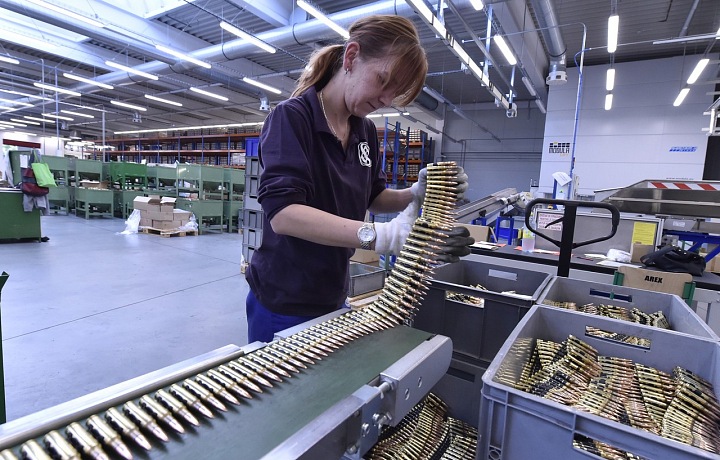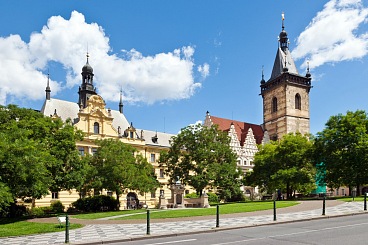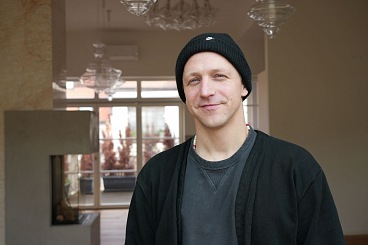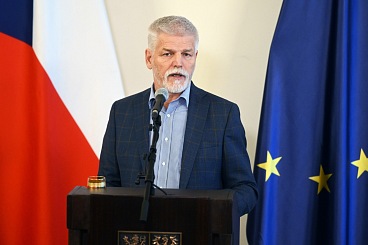Europe begins with unprecedented arms races. Czech armorers bought a factory in Germany for gunpowder.
Under the pressure of circumstances, European countries are emphasizing investments in armament. Therefore, the armaments industry is increasing its capacities to somehow absorb the demand. The Czech armament holding company Czechoslovak Group (CSG), one of the largest European armament companies, is also responding to the situation. It has embarked on a major acquisition of a nitrocellulose factory in Germany. The substance is a key component of smokeless powder needed for ammunition production.
The conflict in Ukraine, accompanied by aggressive rhetoric from Russia, particularly toward countries in what is called NATO's eastern flank, including the Czech Republic, has intensified efforts towards more intense armament and greater emphasis on security in Europe. Moreover, NATO's key hegemon has become an unreliable ally.
A crucial accelerator was the election of Donald Trump. The American president does not hide his criticism of NATO and his reluctance to engage in security policy towards his European allies. Yet it is precisely the world's largest army on which European states have long relied in their defense plans in NATO.
Hundreds of billions of euros will flow into armament in Europe
The very close alliance for the USA worked very well in terms of exporting their defense technologies, weapons, and military equipment. According to the DW server, as much as 64% of arms imports into European NATO countries came from the USA. Some states, such as the Netherlands, purchased up to 90% of their weaponry in the USA.
However, this statistic may change in the coming years. Although the US military retreat from Europe is still only taking place on a rhetorical level, European countries are increasing their arms budgets and primarily want to rely on European arms companies.
The demand is not just driven by national budgets. Hundreds of billions of euros also wants to allocate to arms from the budget of the European Union. European arms manufacturers therefore intend to increase their capacities. As the war in Ukraine shows, it is not just the weapons themselves that are critical in a hot conflict, but it's necessary to have large amounts of ammunition available.
The Czech ammunition initiative, which has been appreciated worldwide and has helped to procure a large amount of artillery ammunition for the Ukrainian army, is in short supply and its massive production remains complex in Europe. The largest producer of nitrocellulose, a key chemical compound for smokeless gunpowder, remains China. However, the most populous country in the world with a strict communist regime is not a European ally and is instead strengthening its alliance with Russia.
Czechs bought a factory in Germany, Brits rely on a new invention
The importance of nitrocellulose production is of course realized also in the largest Czech arms holding CSG. It includes the Slovak manufacturer of artillery ammunition MSM Group. The entire holding is expanding capacities for the production of this key martial material. Part of the CSG strategy is to have the entire vertical of production from raw materials to the final product. For this purpose, the holding bought a nitrocellulose factory in Germany.
"Chemical production took place in the Walsrode industrial area, sometimes even for the needs of the defense industry. Even in the current situation, when the chemical industry in Europe is struggling with high energy prices and strict regulation, the production of nitrocellulose for the munitions industry can ensure a long-term perspective for companies operating in this field. The production of energy nitrocellulose is strategically important for the security of NATO and EU countries and their allies. Europe must not fall into dependence on the import of this strategic commodity, because it is necessary to have supplies secured even in a crisis,"
commented on the acquisition the general director of the CSG Defence division.
The strategic production of raw material for the "drive" of firearms is also confirmed by the plans of BAE Systems, the largest weapons manufacturer in Europe. The British arms factory plans to come up with an alternative mixture without nitrocellulose and thus get rid of the dependence on the currently scarce chemical. With the new invention, it plans to increase the production of ammunition 16 times.
Sources: author's text, DW.com, CSG, irozhlas.cz, armadnizpravodaj.cz











